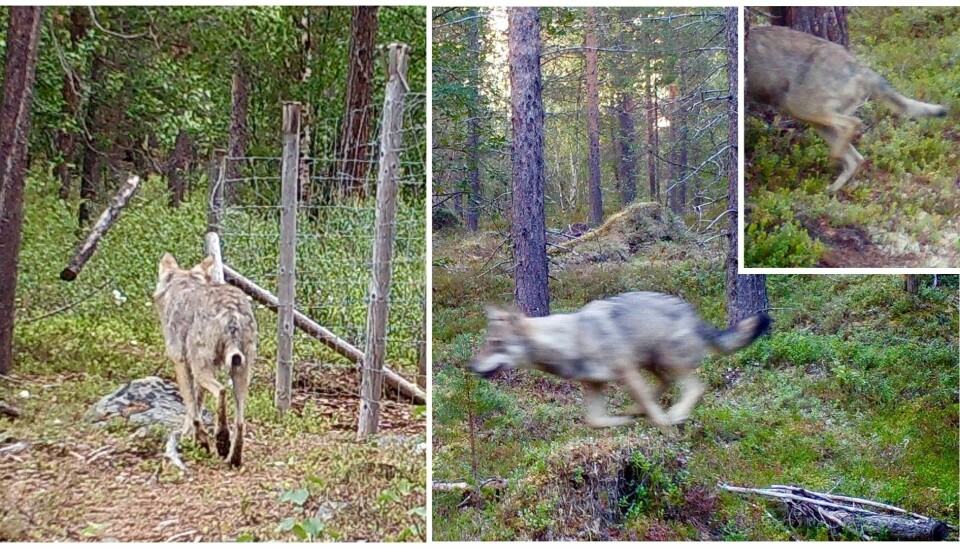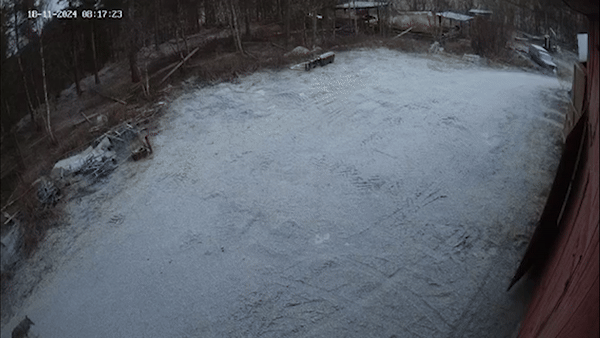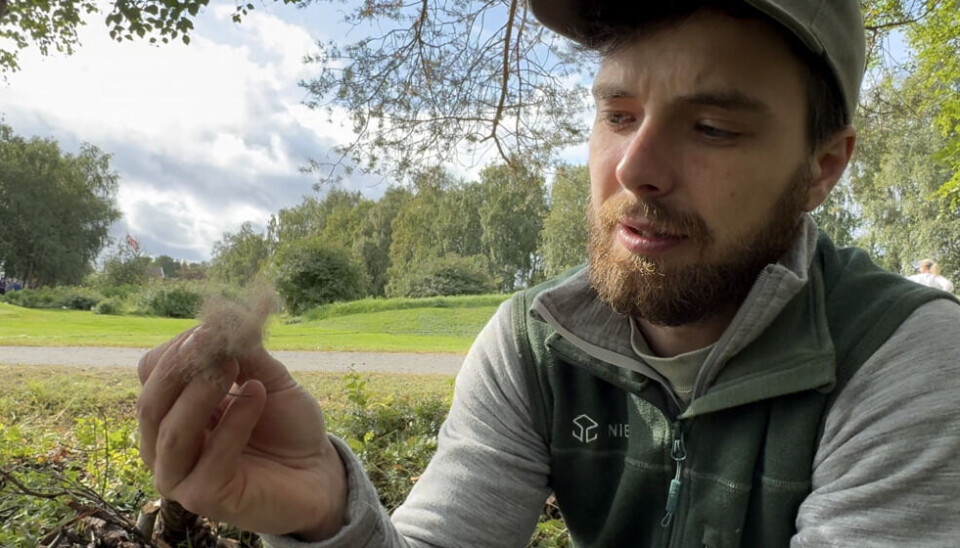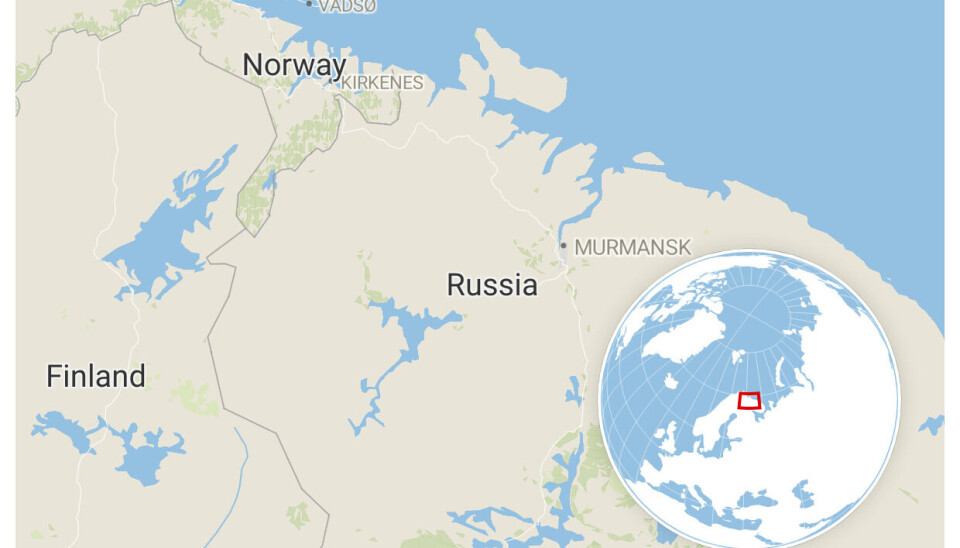GOOD NEWS
Wolf population on the rise in northern Norway
"They seem to come from Russia," researchers tell the Barents Observer.

Wolves caught on camera in the Pasvik nature reserve, Finnmark county, this summer. Photo: Norwegian Institute for Bioeconomy Research (NIBIO)
Elizaveta Vereykinajournalist
21 November 2024 -
THE BARENTS OBSERVER
The northern part of Norway - particularly the county of Finnmark - has seen an increase in the wolf population this year, according to a report by the Norwegian Large Carnivore Monitoring Programme (Rovdata).
According to the researchers, the neighboring Finland also experiences up to 5 times more wolves.
The video published by Rivdata shows a wolf running next to a barn in the Pasvik area, Finnmark County, on November 18th.

HUNTING CREWE RAVENS FOLLOW WOLF
21 November 2024 -
THE BARENTS OBSERVER
The northern part of Norway - particularly the county of Finnmark - has seen an increase in the wolf population this year, according to a report by the Norwegian Large Carnivore Monitoring Programme (Rovdata).
According to the researchers, the neighboring Finland also experiences up to 5 times more wolves.
The video published by Rivdata shows a wolf running next to a barn in the Pasvik area, Finnmark County, on November 18th.

HUNTING CREWE RAVENS FOLLOW WOLF
"Last year we had almost nothing, but this year, there are four individuals in the north of Norway. - Dr Jonas Kindberg, head of research at the Norwegian Institute for Nature Research, told the Barents Observer: "We know from the DNA tests that they are not from Finland or Norway. They appear to have come from Russia”.
Dr Kindberg adds that he doesn't know exactly why more wolves are crossing the border from Russia into northern Norway and Finland. Such an increase is unusual for northern Norway, as the main wolf population is concentrated in the southern forests of the country.

Jonas Kindberg, Norwegian Institute for Nature Research. Photo: personal archive
Researchers in Norway can't be sure about the situation because they don't have the latest figures for the wolf population on the Russian side of the border. All scientific cooperation between the two countries was suspended after Russia's full-scale invasion of Ukraine:
"Of course, it would have been interesting to know a lot more about what's going on in the Karelian wolf population," Dr Kindberg told the Barents Observer, "We want to know as much as possible. We don't really know, but it seems that the wolf population there is increasing, that something is happening on the other side of the border”.
Dr Kindberg adds that he doesn't know exactly why more wolves are crossing the border from Russia into northern Norway and Finland. Such an increase is unusual for northern Norway, as the main wolf population is concentrated in the southern forests of the country.

Jonas Kindberg, Norwegian Institute for Nature Research. Photo: personal archive
Researchers in Norway can't be sure about the situation because they don't have the latest figures for the wolf population on the Russian side of the border. All scientific cooperation between the two countries was suspended after Russia's full-scale invasion of Ukraine:
"Of course, it would have been interesting to know a lot more about what's going on in the Karelian wolf population," Dr Kindberg told the Barents Observer, "We want to know as much as possible. We don't really know, but it seems that the wolf population there is increasing, that something is happening on the other side of the border”.

NIBIO researcher David Kniha. Photo: Elizaveta Vereykina
David Kniha, a researcher at the Norwegian Institute for Bioeconomy Research (NIBIO), showed the Barents Observer pictures of the wolves taken by NIBIO cameras in the forests of the Pasvik nature reserve, Finnmark County, this summer:
"We don't often get wolves on camera, and for comparison, we didn't have any last year. This could be due to luck or increased wolf activity in the area," David, who is based in Pasvik valley, told the Barents Observer. "Personally, I haven't seen a wolf other than on camera, but there have been more sightings of wolves by local people and it's become a more frequent topic lately”.

Wolves freely cross borders between Russia, Norway, and Finland in the north. Photo: Datawrapper
David stressed that wolves are not dangerous to humans and usually try to avoid them:
"However, wolves are large predators that can hunt reindeer or sheep," David warns, "Wolves can also attack loose dogs when they meet in the forest - this usually happens during the hunting season when dogs run away from their owners while chasing game”.
RUNNING AWAY FROM RUSSIA
MUSIC ONLY
No comments:
Post a Comment